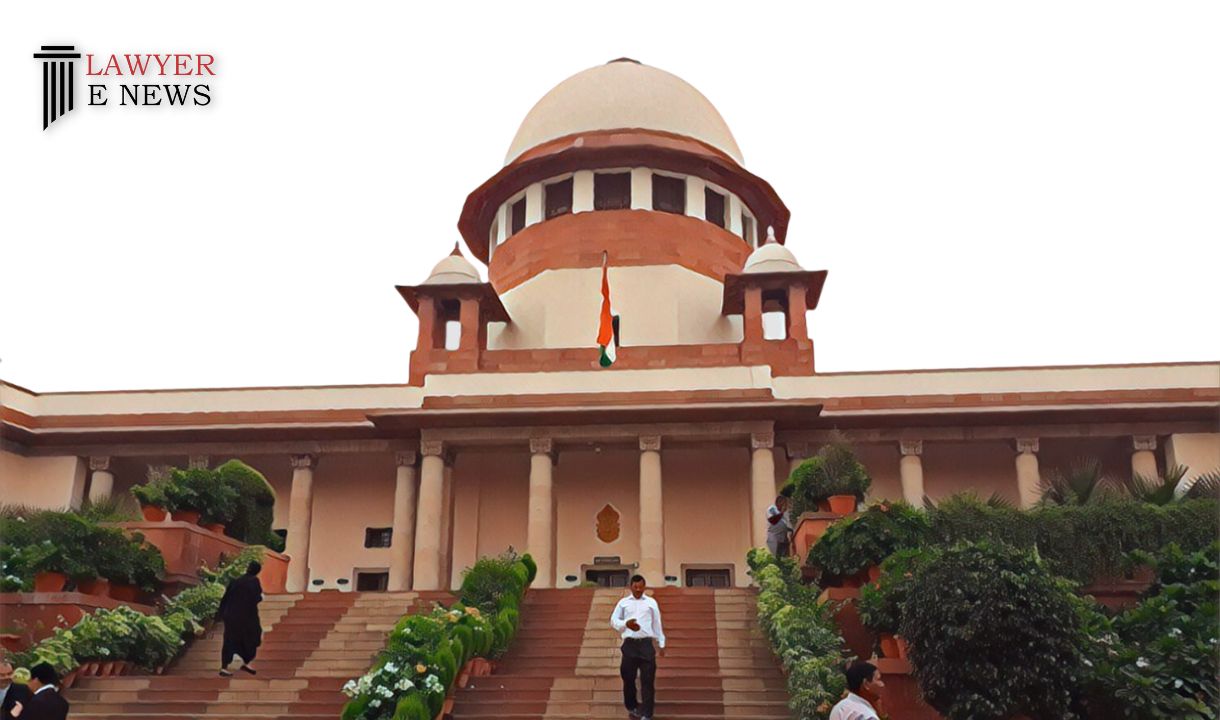-
by Admin
15 February 2026 5:01 PM



In a significant judgment, the Supreme Court of India addressed the issues of bias in selection procedures and the application of principles of natural justice in the case of Krishnadatt Awasthy vs. State of Madhya Pradesh & Ors.
The Court examined whether the selection process for Shiksha Karmi Grade-III positions in Janpad Panchayat Gaurihar, Chhatarpur, was biased due to familial relationships between candidates and committee members. Additionally, the application of natural justice principles, particularly concerning the non-joinder of appellants in the initial appeal, was scrutinized.
The controversy revolved around the appointment of appellants as Shiksha Karmi Grade-III, which was later set aside due to their close familial relationships with committee members. The Collector's order quashing the selection was challenged, with the appellants alleging a violation of natural justice due to their non-inclusion in the initial appeal.
Bias in Selection: Justice J.K. Maheshwari observed, "The close familial relationships indicated a reasonable likelihood of bias,” thereby not complying with relevant sections of the Madhya Pradesh Panchayat Raj Avam Gram Swaraj Adhiniyam, 1993.
Collector's Order and Appeal: The court noted that the revisional authority and High Court found no prejudice caused to appellants despite their non-joinder at the initial stage.
Principles of Natural Justice: The doctrine of natural justice was not applied rigidly, with the court focusing on the prejudice caused. It upheld the lower authorities' findings that non-joinder before the Collector did not vitiate the principles of natural justice in this case.
Decision by Justice J.K. Maheshwari: The appeals were dismissed, affirming the lower courts' findings that the selections were vitiated by bias. It was held that the procedural lapse of non-joinder did not result in prejudice.
Conversely, Justice K.V. Viswanathan provided a different perspective:
Recusal during Interviews: He noted that committee members with close relatives as candidates recused themselves, with the CEO assigning their marks.
Judicial Scrutiny: The High Court's dismissal and the subsequent upholding of the order were scrutinized, focusing on whether the appellants received an adequate opportunity for a hearing.
Remand Not Feasible: Considering the significant time lapse and continuous service, remanding the case was deemed inappropriate.
Decision by Justice K.V. Viswanathan: The appeals were allowed, setting aside the High Court's judgment, and the appellants were permitted to continue in service with all benefits.
Order: Given the divergent views, the matter has been referred to the Chief Justice of India for the constitution of a larger Bench. An interim order will remain in operation.
Date of Decision: April 4, 2024
Krishnadatt Awasthy vs. State of Madhya Pradesh & Ors.
